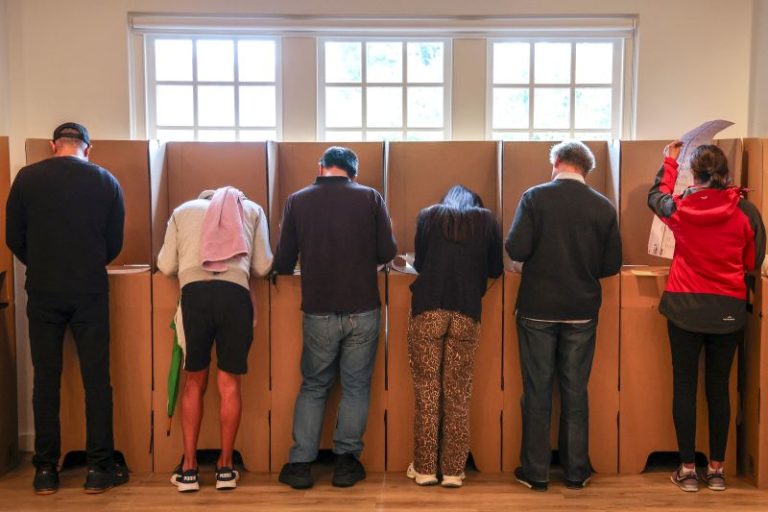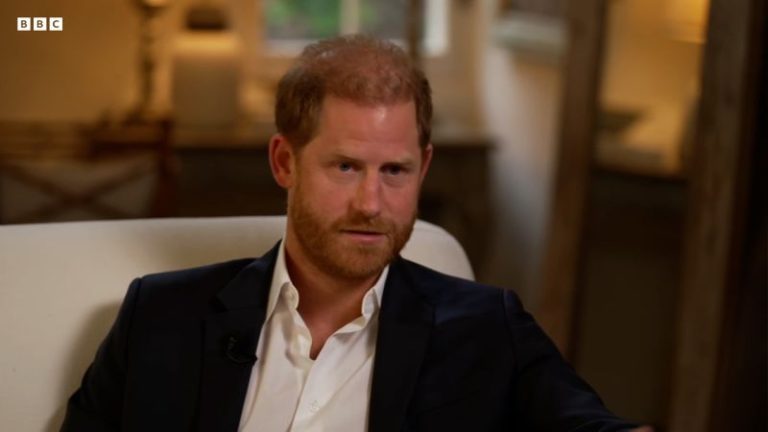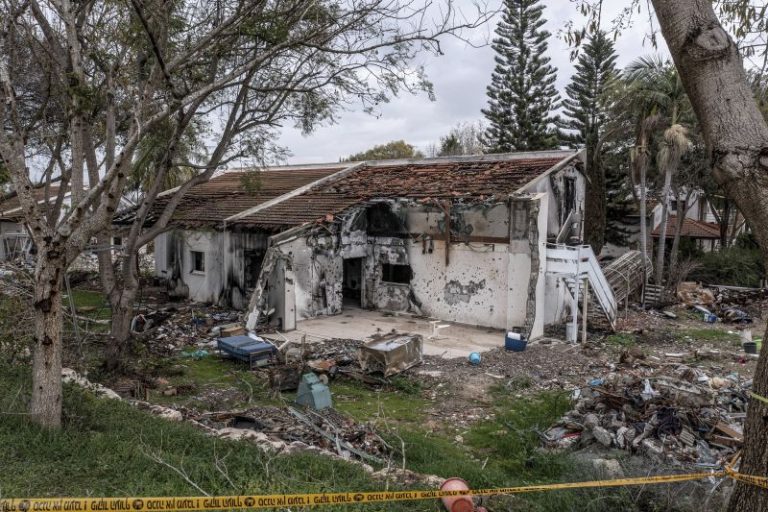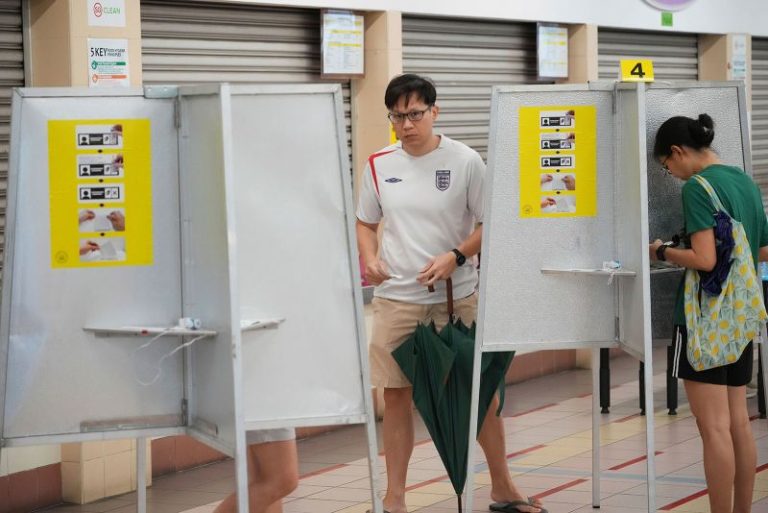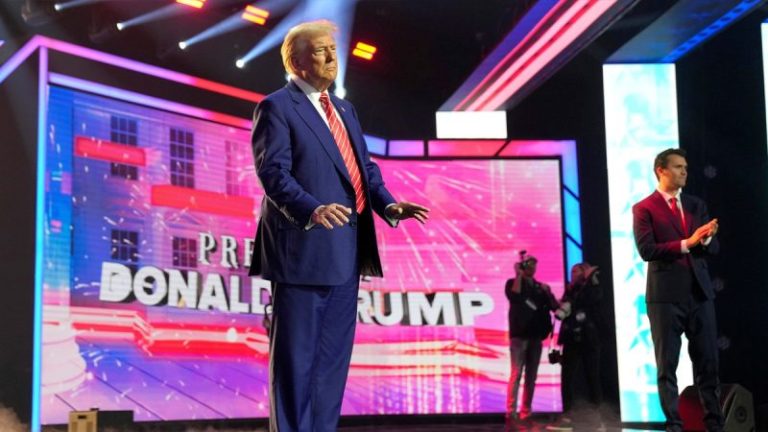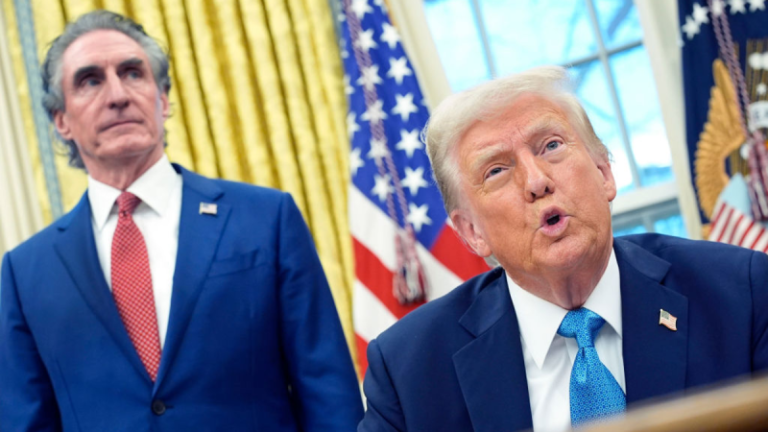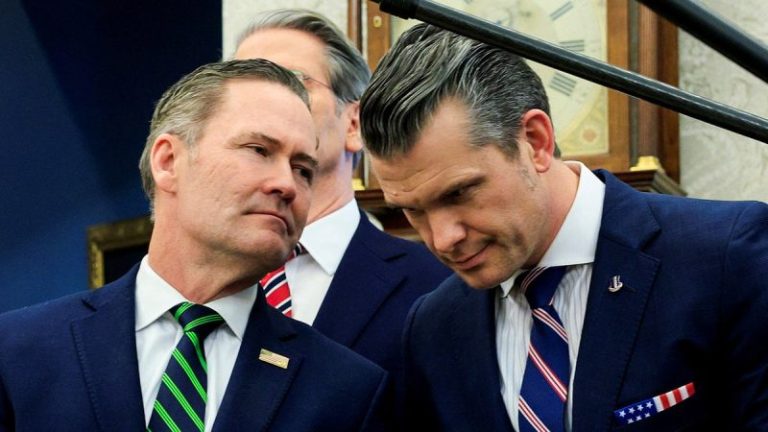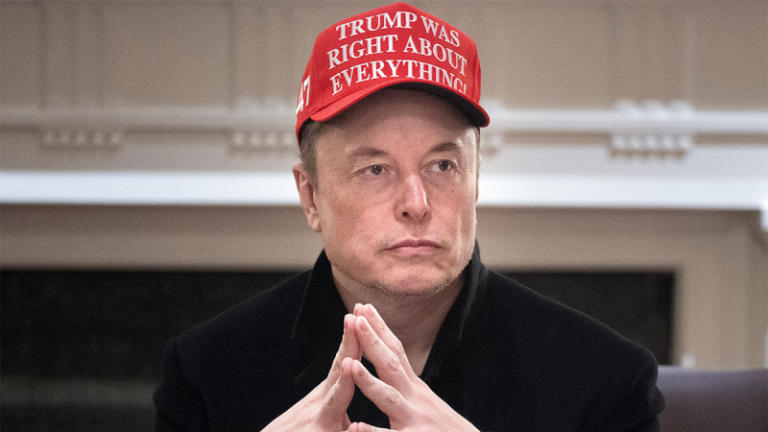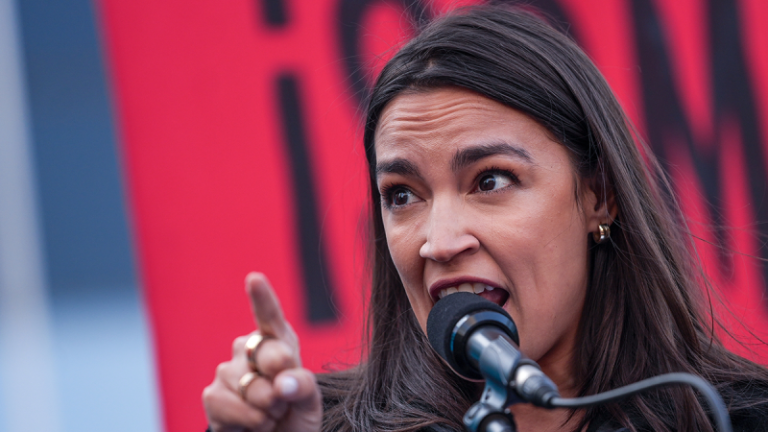Australians will cast their final votes Saturday in a national election campaign dominated by cost-of-living concerns that’s being closely watched abroad for signs of a Donald Trump-inspired swing against conservative candidates.
Prime Minister Anthony Albanese of the Labor Party is facing off against Peter Dutton’s center-right Liberal Party, which is promising to get the country “back on track” after three years in opposition.
Pre-election opinion polls firmed in Labor’s favor, but Australia’s preferential voting system and the declining dominance of the two major parties makes it difficult to predict who’ll make up the 150-member House of Representatives.
Observers will be examining the results for signs of blowback against Australia’s conservative candidates from US President Trump’s whirlwind 100 days in office – after comparisons were drawn between Dutton’s policy offerings and those of the US leader.
Another center-left prime minister, Mark Carney of Canada – which like Australia is a G20 and Commonwealth nation, as well as US ally – recently scored an election win widely chalked up to anti-Trump sentiment.
In Australia, almost half of the 18 million registered voters cast their ballots before election day, and the remainder are expected to attend voting centers to comply with compulsory voting laws, with the threat of fines for no-shows.
Polling centers on election day often resemble a series of small community fairs, taking advantage of the guaranteed flow of customers by selling what’s known as “democracy sausages” – a sausage, sauce, and maybe onions, on a slice of white bread.
The tradition began decades ago but in recent years has become more organized with an online map built by volunteers showing where voters can find a ballot box with a barbecue.
“Everybody has to show up to vote. As long as you’re showing up anyway, why not connect with the community through the fair-like atmosphere of a sausage sizzle and whatever other fundraisers are available on the day,” said Alex Dawson from the Democracy Sausage Team.
International influence
Over the last five weeks, the two major parties have been locked in a battle for votes, using the promise of tax cuts, rebates and other relief measures aimed at easing a cost-of-living crisis.
Australian elections tend to focus on domestic issues – housing, health and the economy – but this one has been influenced by international events.
Albanese called the election in late March, just before Trump announced his “Liberation Day” tariffs, sending global markets into a tailspin.
As with almost all other US allies, Australia was not spared from the tariffs, something Albanese criticized as “against the spirit of our two nations’ enduring friendship.”
On the campaign trail, the incumbent government has presented itself as a steady pair of hands as the initial hit to stocks broadened into fears of an impending global recession. Now, Labor says the Australian economy is turning the corner, pointing to a recent fall in inflation to 2.9%, the lowest since December 2021.
Dutton has placed the blame for inflationary pressures firmly on the Labor government, routinely questioning whether voters feel “better off than they were three years ago.”
Both parties say they’ll make it easier for first-time buyers to get a house, by either cutting the size of the minimum deposit, or offering tax deductions on mortgage repayments – both measures analysts say will likely drive house prices higher.
Pitch to young voters
This year, for the first time, younger voters will outnumber older demographics and analysts expect them to extend the decline of the two-party system with more votes for minor parties and independents.
A fierce competition for young voters has played out on social media, making this election “drastically different” from those of the past, said Andrea Carson, a professor of political communication at La Trobe University in Melbourne.
“Instagram and TikTok (are) really taking over some of the space that was occupied by Facebook,” Carson said.
However, the lack of any regulation requiring truth in political advertising has allowed political parties, as well as third-party campaigners, to say whatever they like about their rivals.
Many electorates, such as the hotly contested Wentworth in Sydney’s east, have seen a deluge of flyers and signs pushing personal attacks against candidates. The Australian Electoral Commission stated in April that it “cannot, and has never been able to, regulate truth.”
Commentators will be watching this year to see if more seats go to so-called Teal candidates, independents backed by funds raised through campaign group Climate 200.
The Teals were the talk of the last election three years ago, when Australians turfed out the Liberal-National Coalition after nine years of rule, in a vote dubbed Australia’s “climate election.” This year, 35 are competing as independents with a shared goal of promoting integrity, gender equality and greater climate action.
In 2022, the new Labor government committed to net-zero targets and immediately began the work of driving carbon emissions down in a country which derives a significant portion of its wealth from extracting fossil fuels.
However, despite escalating the rollout of new renewable projects, it’s been criticized for also approving new coal and gas projects.
The Liberal Party’s response to the country’s energy demands has been to propose a shift to nuclear power, with a plan to build seven nuclear power stations in the coming decades, funded by taxpayers.
This time around, there has been no promise of bolder climate action from Labor, even as activists have ambushed leaders on the campaign trail.
“When will you listen to young people?” one protester yelled at Albanese on April 8 at a press conference to announce more funding for mental healthcare.
For the candidates who’ve worked for weeks to push their message through the noise of competing election campaigns, Saturday could turn into a long, tense evening.
The last polls close at 6 p.m. on the west coast (6 a.m. ET) and a result is expected within hours – if one of the major parties receives enough votes to win a coveted majority.
Voters are also electing 40 of 76 seats in the upper house (Senate), replacing senators who are at the end of their six-year term.

